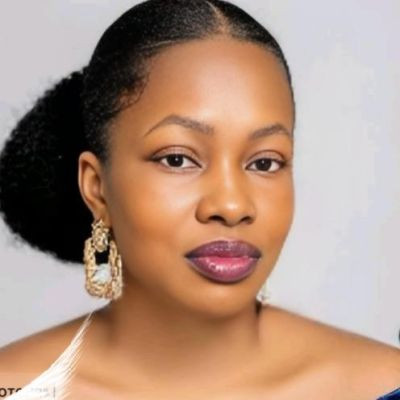Port of Tangiers, Morocco.
Faced with the challenges of political transition, popular protests demanding social rights and the migration crisis, the North African country is focusing on investments in Africa and on port infrastructure in the city of Tangier. The new port, called Tanger Med, is 40 km from the coastal city. 20 percent of the global port trade is concentrated in this stretch of sea. Tanger Med is now an essential port hub for Africa and beyond, and also one of the most dynamic industrial areas in the country. However, uncertainties about the Western Sahara crisis and the rivalry with Nigeria continue to prevent the Moroccan from achieving a position of leadership among West African countries.
Tanger Med has grown exponentially since 2007
The new port of Tanger Med was inaugurated in 2007. Since then it has attracted a constant flow of maritime traffic, becoming a logistics hub with 3.4 million containers passing through the port in 2018 alone. Tanger Med is now Africa’s busiest port, followed by Durban in South Africa and the Egyptian coastal city of Port Said.
The Moroccan Ministry of Transport aims to transform Tanger Med into the main Mediterranean port by 2025, increasing container traffic from 3.4 to 9 million. Not only that, there is now talk of 700,000 trucks and 7 million passengers passing through the hub by the same date. This would almost triple the maritime traffic from the current capacity of Tanger Med. The increased traffic for the new port of Tangier will bring benefits to the entire region, leading to a potential transfer of 40 percent of goods from Morocco to other ports in sub-Saharan Africa, followed by Asia (27 percent) and Europe (9 percent). Tanger Med is also looking to the North and therefore to the European Union. Just a few minutes from the new port of Tangier there are free trade areas where, according to the Moroccan authorities, it will be increasingly convenient to relocate companies to lower production costs. Already 450 European companies operate in the area, with a turnover of 7.5 billion euros, above all linked to the automotive sector, including the French company Renault, which has chosen Morocco for its main African headquarters.
Economic growth in Morocco
The Moroccan economy has been growing steadily in recent years, with a particular focus on Africa (particularly Côte d'Ivoire, Nigeria, Senegal and Mauritania). According to the African Development Bank, Morocco's foreign investments in Africa have grown by 85% in recent years, accelerating by 12.8 percent a year since 2015.
The Casablanca Finance City was created to make the Moroccan market attractive to European investments. The Moroccan banking sector has also tried to increase its network in Africa through the Banque Centrale Populaire which has initiated acquisitions in Cameroon, Madagascar and the Congo. The same is true for the well-known Attijari Wafa Bank, which has entered the Ethiopian and Rwandan markets, despite debts due to the cocoa crisis in Côte d'Ivoire that left Attijari's coffers empty. However, historical uncertainties remain with the neighboring countries of West Africa, from the Sahrawi dispute regarding the independence of Western Sahara to the political rivalry with Nigeria, which, in 2017, prevented Morocco's entry into the Economic Community of African States (ECOWAS), an organization of 15 states across the region whose aim since 2015 has been to create a common monetary zone (WAMZ). Rabat has also attracted criticism from neighboring countries for the continuous increase in trade agreements with the European Union and the United States that could unbalance political and economic relations within ECOWAS.
Despite the fact that Morocco was only partially affected by the protests that took place across North Africa and the Middle East in 2011, a series of constitutional reforms launched by King Mohammed VI culminated in 2011 and 2016 with the victory of the Islamist Justice and Development (PJD) party of Prime Minister Abdelillah Benkirane. However, unresolved issues remain with the balance of power within the executive which could lead to new entries, although demands by socialist figures, including Driss Lachgar, to enter the government have thus far been blocked by the PJD. Morocco has acquired a prominent political and economic role among North African countries which it would like to extend to West Africa as well. The exponential growth of the new Tanger Med port is a step in this direction. Mohammed VI's monarchy continues to attract foreign investments, especially European ones, looking to the African continent for the development of its banking system. In a regional context of political instability, reformist moves by the Moroccan monarchy are paving the way for an increase in the influence of entrepreneurs and civil society in the country's future.
#Port of# Tangiers # Morocco.























